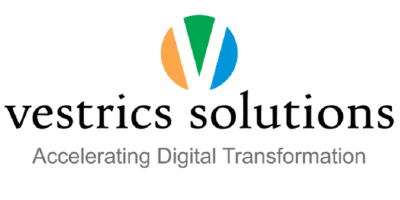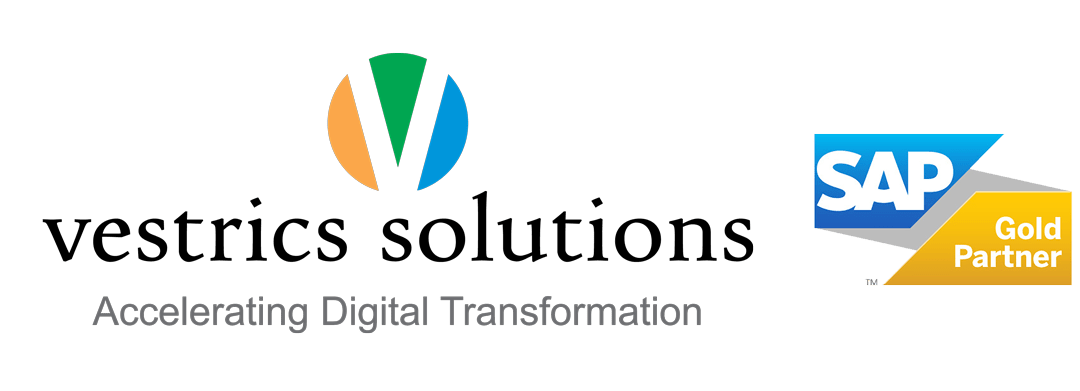Professional Services
project management with SAP professional services software.
The future of professional services will be based on an 'Everything-as-a-Service' model
pricing contingent upon the business results.
Innovating business models
Managing the entire workforce
The synergy between humans and technology
SAP's cutting-edge professional services solutions
transformation and ongoing growth at a manageable cost.
SAP Subscription Accounting
SAP S/4HANA Cloud for managing projects and resources
➜ Difficult to Measure Performance and ROI: With an ERP system, it is easier for professional services companies to accurately and thoroughly measure performance and return on investment. This is especially true for services billed by the hour or the project.
➜ Lower Visibility on Profit Margins: With an ERP system, it's easier to track profit margins and cost analysis for all services accessible in one place. With an ERP system, there could be more visibility on the whole and how much each service costs, among other things.
➜ Security and Compliance Risk: ERP solutions provide tools to assist business owners in meeting compliance and security requirements. This is especially important in the professional services industry because there is an increased responsibility to ensure customer data is safe and secure. With an ERP system in place, this can be easier to achieve.
➜ Difficult to Adapt to Growing Client Base and Changing Regulations: Professional services require flexibility to adapt to customer demands and changing regulations. With an ERP system, processes and communication improve, and it becomes easier to stay updated with changing industry regulations.
➜ Inefficient Invoicing & Billing Processes: An ERP system streamlines and simplifies manual invoicing and billing processes, making them faster and more efficient. With an ERP system, companies may save time manually entering data and dealing with mistakes in manual processes.
➜ Improved efficiency and productivity: SAP software helps streamline processes, minimize the need for manual work, and enable automation. This reduces time spent on mundane tasks and increases the speed of processing.
➜ Reduced costs: SAP technology helps eliminate costly manual steps and allows tasks to be completed in fewer steps, reducing expenses related to wages and other overhead.
➜ Improved internal controls: SAP contains features such as audit trails and automated functions that help organizations maintain regulatory compliance and mitigate the risk of fraud and errors.
➜ Consolidation and integration: SAP enables organizations to consolidate multiple systems into a single instance, eliminating the need for manual synchronization and reducing the amount of duplicate data. This increases visibility into enterprise systems and reduces the cost of maintenance and upgrades.
➜ Improved data analysis: SAP contains powerful analytics capabilities that allow users to quickly extract deeper insights from data. This improved data analysis can be used to identify trends, maximize opportunities, and drive strategic decisions.
SAP provides a suite of Business Intelligence (BI) and Analytics solutions specifically tailored to the needs of Professional Services Companies. With the SAP Analytics Cloud, professional services organizations can pull valuable insights from operational and customer data with dynamic visualizations and reports. SAP can also provide the following:
➜ advanced data aggregation and information on projects' performance
➜ the financial health of client portfolios
➜ profitability for services rendered
➜ the ratio of the bills-to-labor costs
Additionally, SAP Business Intelligence (BI) solutions, such as BusinessObjects, offer professional services companies the ability to rapidly develop powerful data models to gain insights about client engagement, sales trends, and resource allocation across projects. Finally, the SAP Design Studio visual analytics tool can rapidly explore all aspects of the Professional Services lifecycle, including but not limited to Analyst Resource Planning and Capacity Planning, Sales Analysis, and Project Analysis.
➜ SAP can provide tailored solutions to help professional services companies to optimize their workforce and practices to manage resources better and increase operational efficiency.
➜ Using integrated software and analytics, SAP can identify inefficiency in the workflow and make data-driven suggestions for improvement.
➜ SAP can assist in automating repetitive processes such as time tracking and billing, which can reduce costs and free up time for higher-value tasks.
➜ SAP's software can help professional services firms set up a workflow for effective project management, from planning and scheduling to reporting and completion.
➜ SAP tools also can help streamline processes related to personal data and address regulatory compliance requirements.
➜ SAP's software solutions can help professional services organizations to create better customer experiences, gain insights into their customer's behavior, and leverage the latest technology to develop tailored approaches for each customer.
SAP can help professional services companies in their digital transformation journey in several ways.
➜ Streamline workflows and processes: SAP solutions can help streamline and automate all aspects of a professional services company's workflow, from project management to billing and customer service. This allows organizations to cut costs and increase efficiency.
➜ Improve customer experience: SAP solutions can help provide customers with an enhanced user experience through improved customer relations management (CRM), self-service options, and automation. These solutions can also provide deeper insights into customer data to make data-driven decisions and drive customer engagement.
➜ Introduce predictive analytics: SAP solutions can help introduce predictive analytics to a professional services company's services and processes by offering valuable reports and analysis, creating efficiencies, and lowering costs.
➜ Enhance collaboration and communication: SAP solutions can help improve communication and collaboration within a professional services organization, such as providing secure access to critical data across divisions and teams.
➜ Enhance security: SAP solutions can help strengthen security across a professional services organization by providing an integrated system with encrypted data and insights to identify potential risks ahead of time.



